Turkey will bring S-400 missile systems into play if necessary, Erdogan says
Turkish President Recep Tayyip Erdoğan says Ankara will utilize sophisticated Russian-made S-400 anti-aircraft missile systems, which it plans to acquire under a deal finalized late last year, if necessary.
“We will not just buy the S-400s and place them in a storehouse. We will use them if need be. These are defense systems. What are we going to do with them if not use these defense systems? Are we going to depend on the United States again? We have been demanding them for years, but the answer given to us has been: The [US] Congress is not allowing. We are tired of this,” Erdoğan said in remarks broadcast live by private Turkish-language TGRT Haber television news network.
The Turkish president added, “Russia has responded to our offer with a pretty tempting offer. They said they would even get into a joint production. And with respect to loans, they have offered us pretty good loan terms.”
On June 8, Turkish Interior Minister Suleyman Soylu said his country had an unalienable right to protect its own security and will spare no efforts to procure S-400 missile systems.
“Turkey is currently unable to repel a missile attack on its soil. The Russian anti-missile systems would strengthen the Turkish air defense capabilities. The countries, which had refused to supply Turkey with advanced air defense systems wanted to undermine Turkey's military prowess,” Soylu said.
He added, “The purchase of S-400 anti-missile systems is in Turkey's national interests, and does not have anything to do with the politics… The operation of the Russian air defense systems will strengthen the position of Turkey.”
The remarks came a day after Turkey’s English-language Hurriyet Daily News newspaper, citing anonymous diplomatic sources, reported that American officials had asked their Turkish counterparts not to make use of S-400 missile systems even if Ankara acquires them under a deal finalized late last year.
On April 3, Erdogan and his Russian counterpart Vladimir Putin said in the Turkish capital Ankara that they had agreed to expedite the delivery of S-400 missile systems. The delivery is expected to start between late 2019 and early 2020.
Hurriyet Daily News newspaper reported on December 29 last year that the loan deal for four S-400 surface-to-air missile batteries had been signed in Ankara.
The developments came only two days after Sergey Viktorovich Chemezov, the Chief Executive Officer of Russian state corporation Rostec, told the Kommersant daily newspaper that Russia would supply Turkey with four batteries of S-400, worth $2.5 billion each, and Moscow was expected to begin the first deliveries in March 2020.
Chemezov added that Turkey would pay 45 percent of the cost of the agreement up front, while Russia would provide loans to cover the remaining 55 percent.
The S-400 system, whose full name is the Triumf Mobile Multiple Anti-Aircraft Missile System (AAMS), is an advanced Russian missile system designed to detect, track, and destroy planes, drones, or missiles as far as 402 kilometers away. It has previously been sold only to China and India.
Turkey is striving to boost its air defense, particularly after Washington decided in 2015 to withdraw its Patriot surface-to-air missile system from Turkey's border with Syria, a move that weakened Turkey’s air defense.
Before gravitating towards Russia, the Turkish military reportedly walked out of a $3.4 billion contract for a similar Chinese system. The withdrawal took place under purported pressure from Washington.
Ankara’s ties with its Western allies in NATO have been strained over a range of issues.
Erdogan has been critical of Washington for supporting Kurdish groups in Syria that he says are responsible for terror attacks inside Turkey.
The Turkish leader has also slammed American officials for rejecting his requests to hand over Fethullah Gulen, a powerful opposition figure living in the US.
Iran summons Dutch ambassador to protest diplomat’s smuggling attempt
Iran’s rejection of nuclear weapons based on religious beliefs: Pezeshkian
'Profound moral decline': Netizens blast Modi for whitewashing genocide in Knesset speech
VIDEO | Venezuela launches 'love is rewarded with love' campaign in solidarity with Cuban people
In longest-ever State of Union address, Trump tries in vain to convince nation US is 'winning'
3rd round of nuclear talks opens in Geneva; Iran’s proposal seen as ‘test’ of US sincerity
Trump calls for deportation of Muslim lawmakers after State of Union clash
VIDEO | Tehran hosts 33rd International Holy Qur'an exhibition


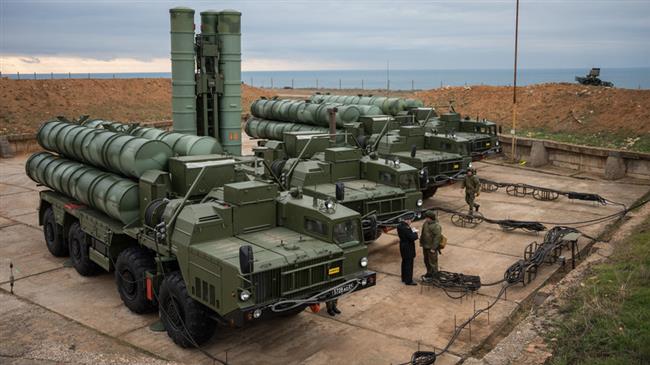



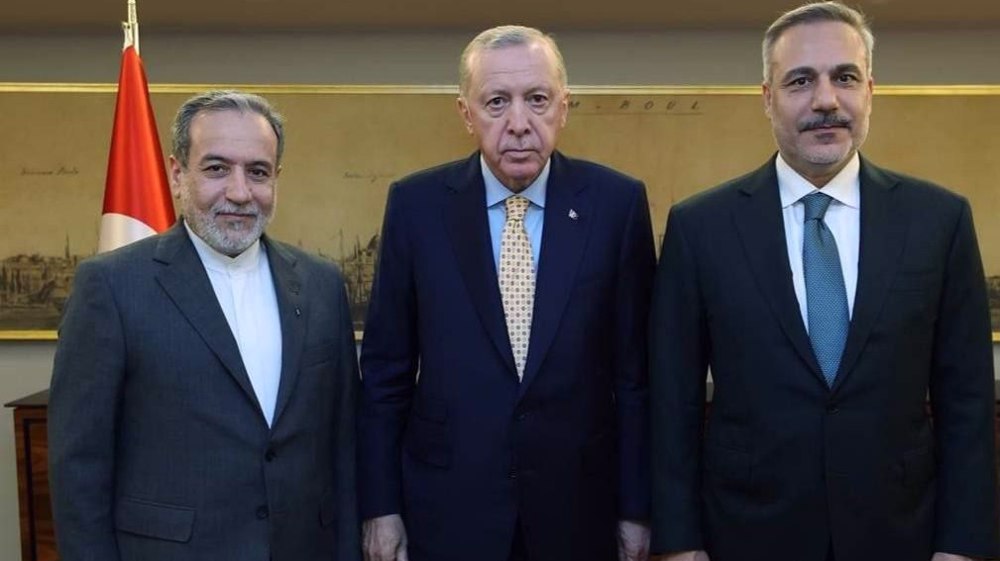
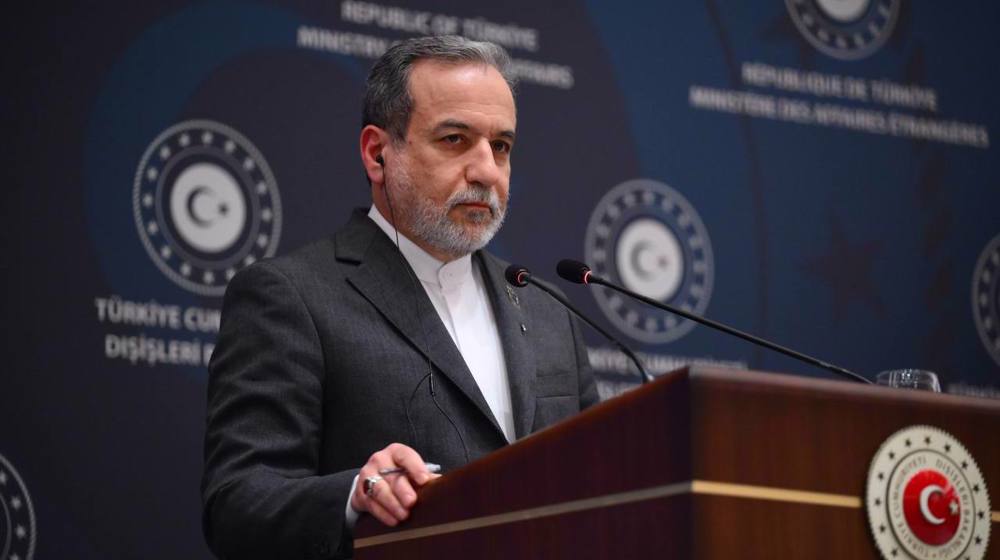



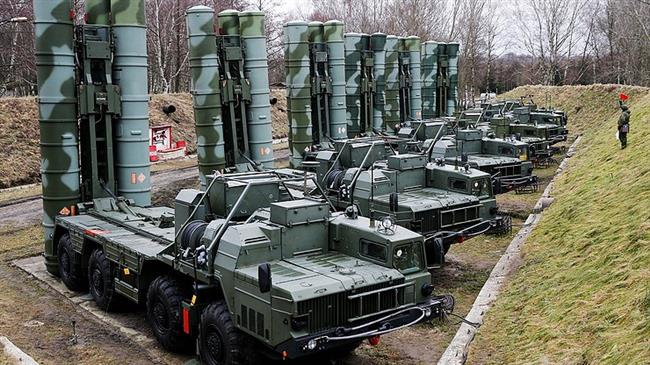

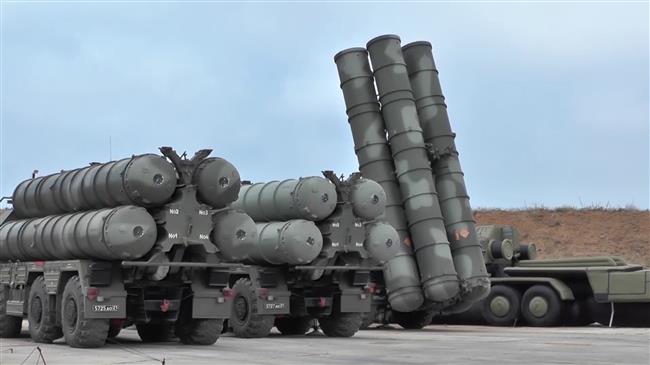

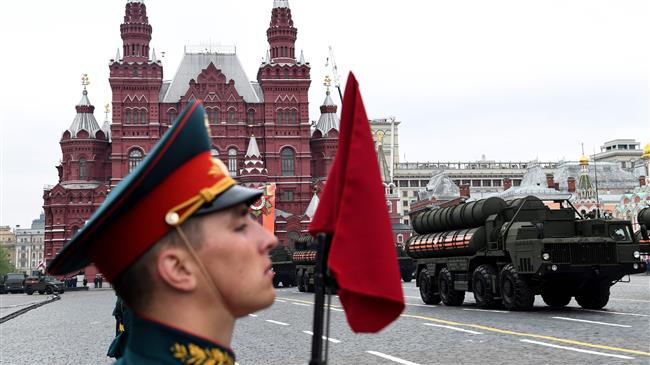
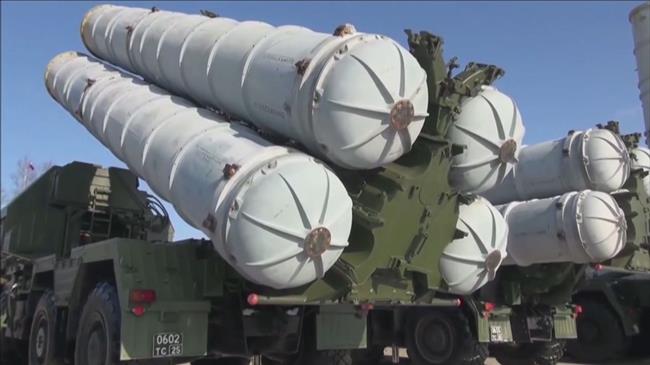
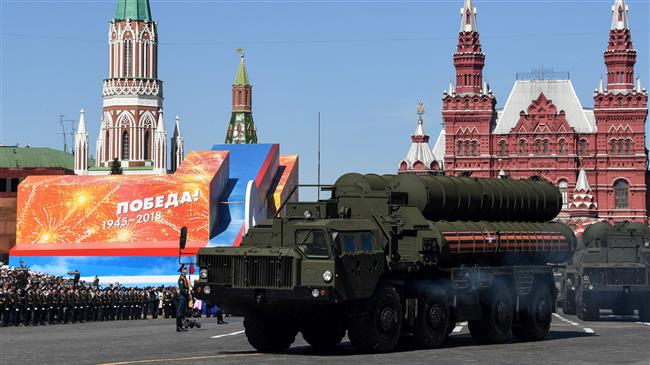
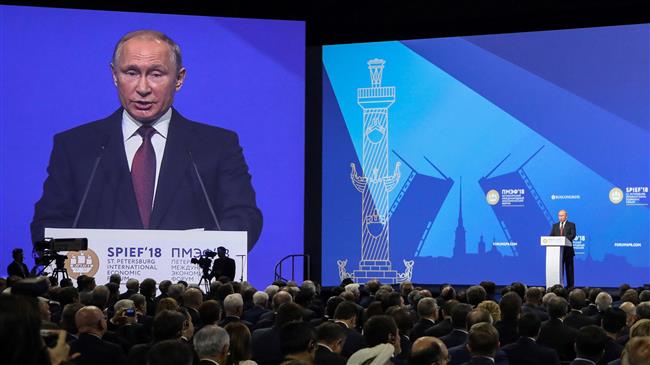

 This makes it easy to access the Press TV website
This makes it easy to access the Press TV website